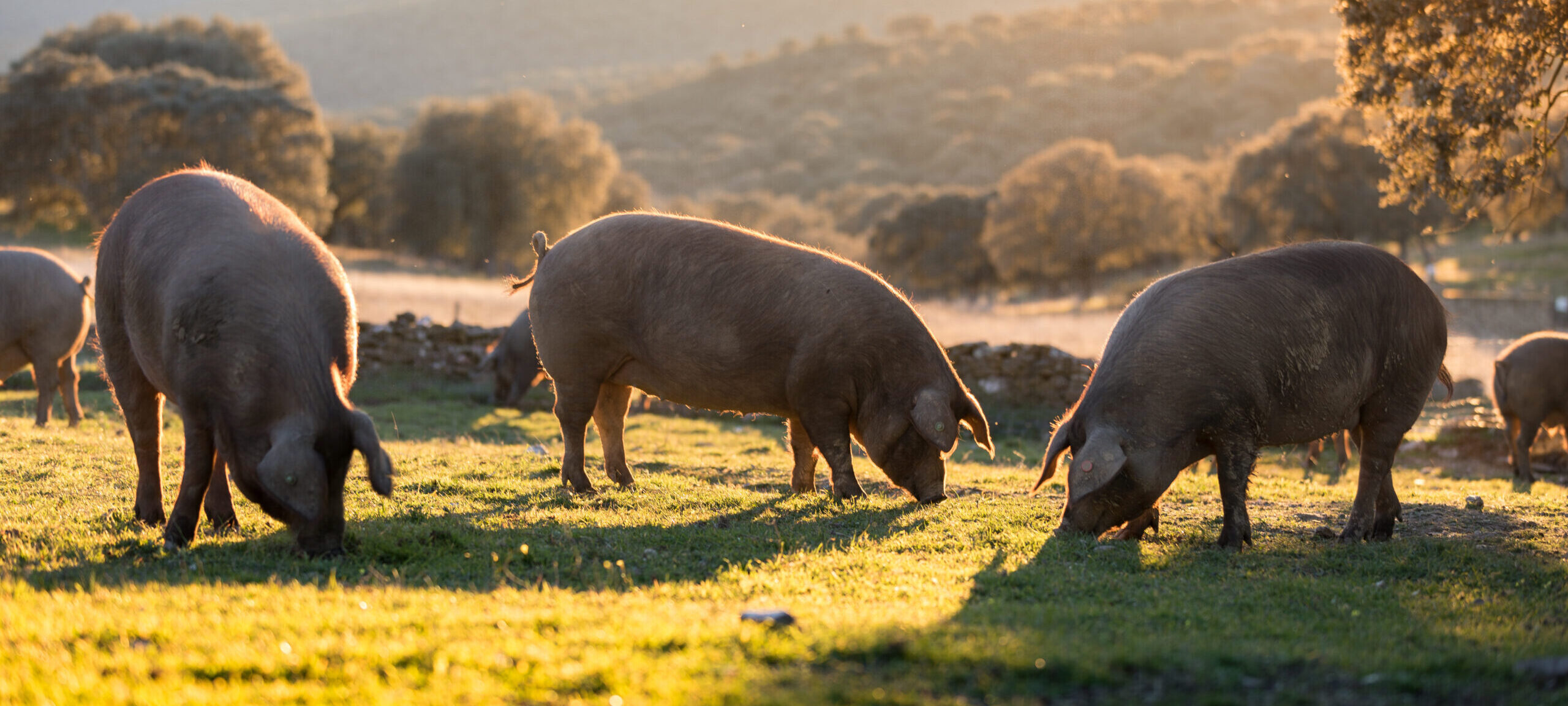
Paraná has firmly positioned itself as a key player in Brazil’s grains markets. The state boasts a robust network of cooperatives, grain elevators, crushers, trading companies, and major feed consumers, particularly in the poultry and swine sectors. In this highly competitive landscape, where margins are tight and market pressure is constant, effective risk management is essential for survival.
As the corn ethanol industry in Brazil continues to grow, especially in Paraná, our team recognized an opportunity to bring together key stakeholders to discuss the evolving market dynamics. Last week, we hosted a dinner in Cascavel, a city at the heart of this transformation, to delve into how these changes are impacting the region’s grain markets. A notable point of discussion was the recent opening of a new plant in the area, which is expected to significantly influence local agriculture by driving up demand for corn and shaping market trends in the coming years.

Shifting Price Dynamics in Corn Ethanol
Corn’s dual role as both a staple crop and a critical input for ethanol production has positioned it as a focal point in the evolving energy and agricultural landscape. As the demand for ethanol continues to rise, so does the pressure on local corn production, making price and risk management strategies increasingly important.
In a market where price fluctuations are becoming more pronounced, it is important for businesses to rethink their approaches to procurement, production, and risk mitigation. The growing complexity of these interrelated industries means that companies must stay ahead of trends in both grain and ethanol markets to avoid being caught off guard.
Insights on Risk Management from an Industry Expert
One of the highlights of the evening was the presentation by Luciano Jorge Silva, Trader at São Martinho, and an expert in the field.

He shared his approach to navigating the volatility of the corn market, with a focus on three fundamental strategies:
-
-
- Price markup over export liquidation: In order to prevent corn from being shipped away from internal markets, crush industries are willing to pay a premium above the export price level.
-
- Crush margin rebate: Factories may reduce their profit margins in order to bid higher prices for farmers.
-
- Basis analysis: If the basis is too strong, it’s better to buy corn on the B3 exchange. If the basis is too weak, you can opt to buy physical corn. In both cases, long basis trading (long corn, short futures) should be avoided.
-
These insights were particularly relevant to those in the audience, providing a practical, day-to-day perspective on the types of decisions industry professionals face in managing price volatility and supply challenges.
A special thanks goes to everyone who joined us from across Brazil and to Luciano for his valuable insights into his decision-making processes. We look forward to continuing these conversations and working together to navigate the complexities of Brazil’s evolving grain and ethanol markets.
 Interested in learning more or discussing how we can help manage your risk exposure?
Interested in learning more or discussing how we can help manage your risk exposure?




